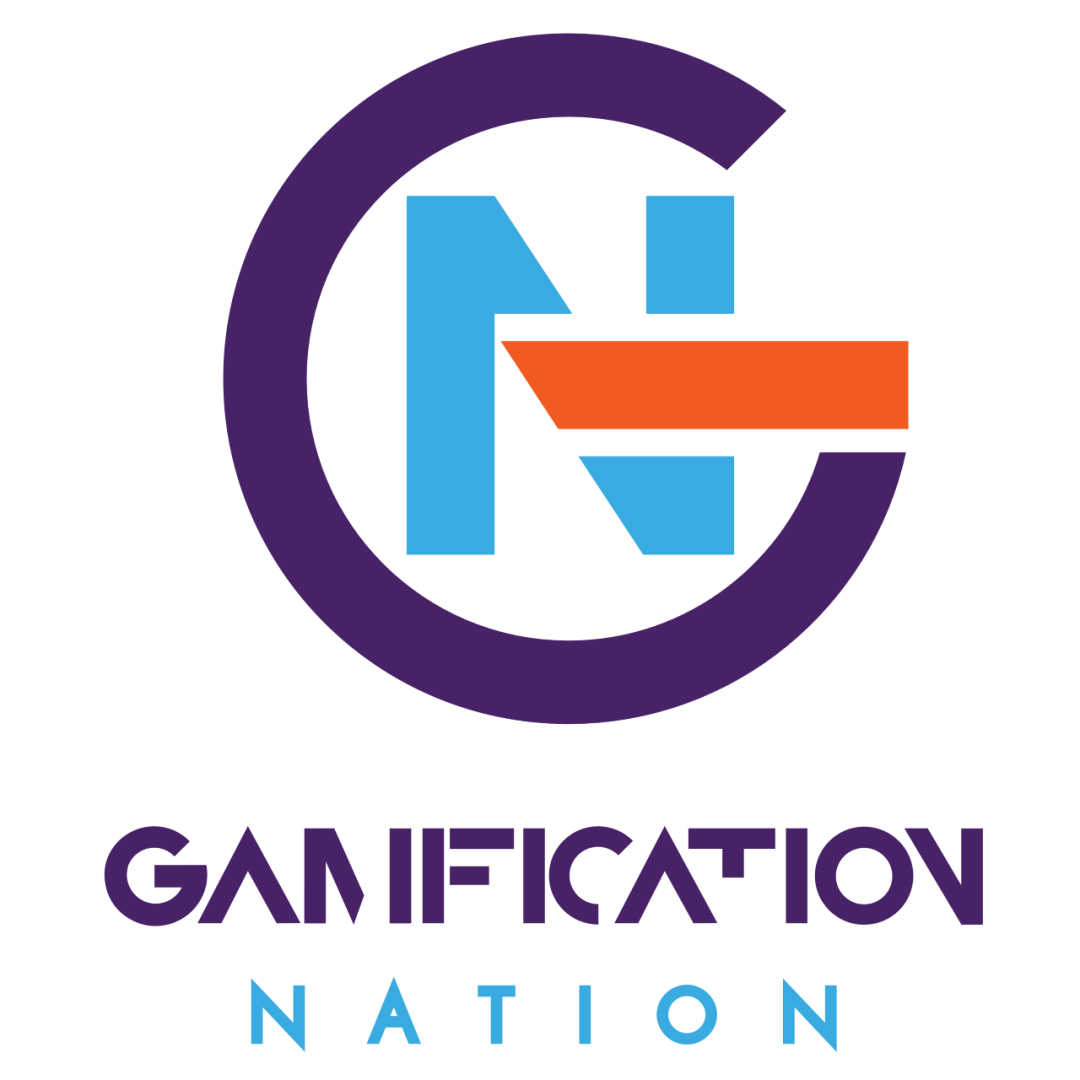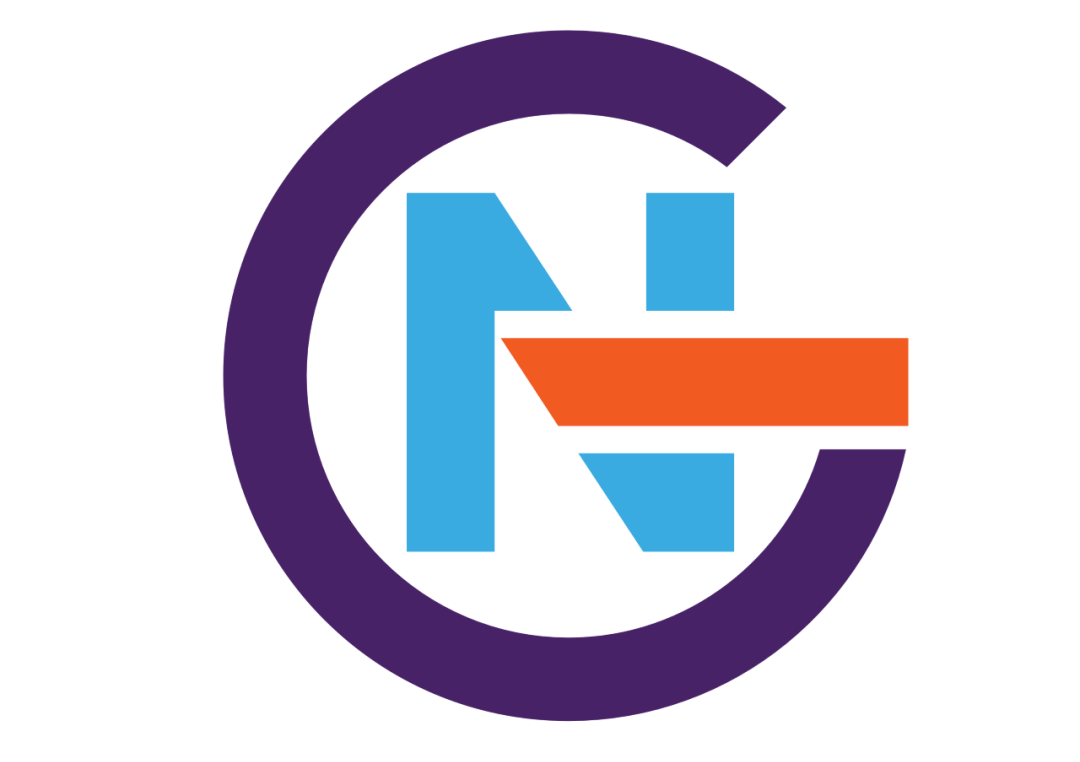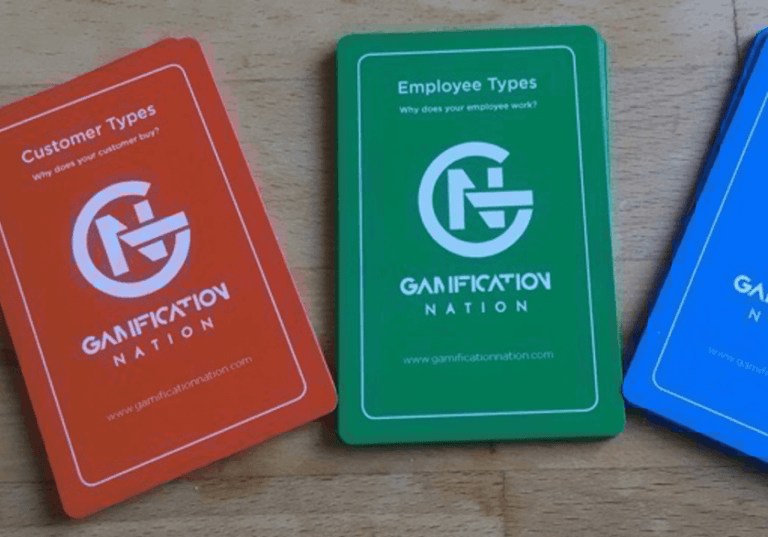On a regular basis I get asked the question about introducing leaderboards in a learning environment. Leaderboards for top rated content, most viewed, most popular, etc. are very useful and I am definitely an advocate of those. When it comes to learner or learning activity related league tables, my advice is typically to steer well clear unless you have a highly competitive environment.
In any given statistical analysis of a classroom, half will be below the median of the bell curve. If this sounds a bit too statistical, I apologise, it was the one and only subject ever in my third level education where I scored 100%. Equally, in statistics this doesn’t mean the majority in the bell curve haven’t learned, but rather that they may learn differently, the conditions were not ideal or the tools used were not suited. Statistics would like to also measure variations, from conditions to the norms set, to the actual measurable. But, mostly in learning we see measures treating everyone as equal, which is the first fundamental flaw, which most trainers and teachers will agree with. Just remember the great teacher you loved learning from and the dry and boring one, which you found a chore. Not the same conditions, but the same measurement.
Secondly, the mere introduction of a league table introduces the concept that one person is better than another. For the top 3 to top 10, it can be motivational, however most other people, including some of those in the above list, you create a perception or feeling they are not good enough or not as good as a colleague or fellow learner. In an absolute leaderboard, where everyone is listed by name and number on the table this effect is the strongest. Relative leaderboards where you see only the 5 people ahead of your or below you may not be as cruel, yet still instills the same feelings.
If any banter happens about rankings, this only perpetuates the feelings. I still remember scoring an A on a physics test, which turned out to be the only one counting for the school report and when the results came out one of my classmates shouted out “Coppens scored an A and all the rest of us failed!” Now I was in the nicknamed “brainiac class” most of them took Latin and Mathematics, I had chosen Latin and languages and both Physics and Chemistry were my struggle subjects. So the fact I scored top of the class was unusual. I knew it was down to me having to pay attention to get by and the rest of the group having a crazy time in the lesson, where the teacher threw a hissy fit and slapped a test on the class based on what he had just said. I knew I couldn’t afford not to pay attention in that class, because the hope of me getting it by myself was slim and both my parents would confess to not be geniuses in the same topic. I knew it was pot luck, yet the shout out I found embarrassing and left me feeling guilty instead of proud of an achievement. This is the thing as soon as you have banter about results, more feelings and perceptions may enter the mix, which is unavoidable.
Aside from the psychological effect that a leaderboard creates, it also often drives behaviour to be on top of the table. A lot of the leaderboards I see in learning gamification, measure quantity of consumption and completion, but no measure of quality typically speaking. One of the main reasons for this is that those items are the easy things to measure, whether someone truly understands knowledge and implements it is a bit harder. By measuring the transactional side only, by default you create a consumption driven habit rather than a quality habit. Some argue that at least it would get activity started, my question always is whether that is truly the behaviour you want to create. What is it you want to achieve, look at the habits of the successful people in that area and then break down how those would work out into measurable steps.
So if leaderboards are not the way forward, then what should you do instead? In my view, it would be to provide an indication of what good looks like, what are the base requirements and what constitutes excellence. In learning this may mean, regular practise combined with improvement of skill in the topic, being able to tackle more and more complex situations. An anonymous benchmark of how you are performing against the company average and what to aim for are useful for individuals. We can then adapt our ways to achieve success to suit our learning style.
In my view, learning should be about enabling the learner to achieve their goals. Giving them control over what they want to achieve and be measured on is a starting point. As an organisation you may have additional goals, which is why communicating what good and excellent looks like is critical. Individuals can then go about achieving it and benchmark themselves against it. If one of your other core goals in an organisation is collaboration, introducing competition in one area, may have a direct impact on team work. I know not everyone in the gamification world agrees with me on this topic, but I do know most in the learning space understand where I come from and from my experience tend to agree.




